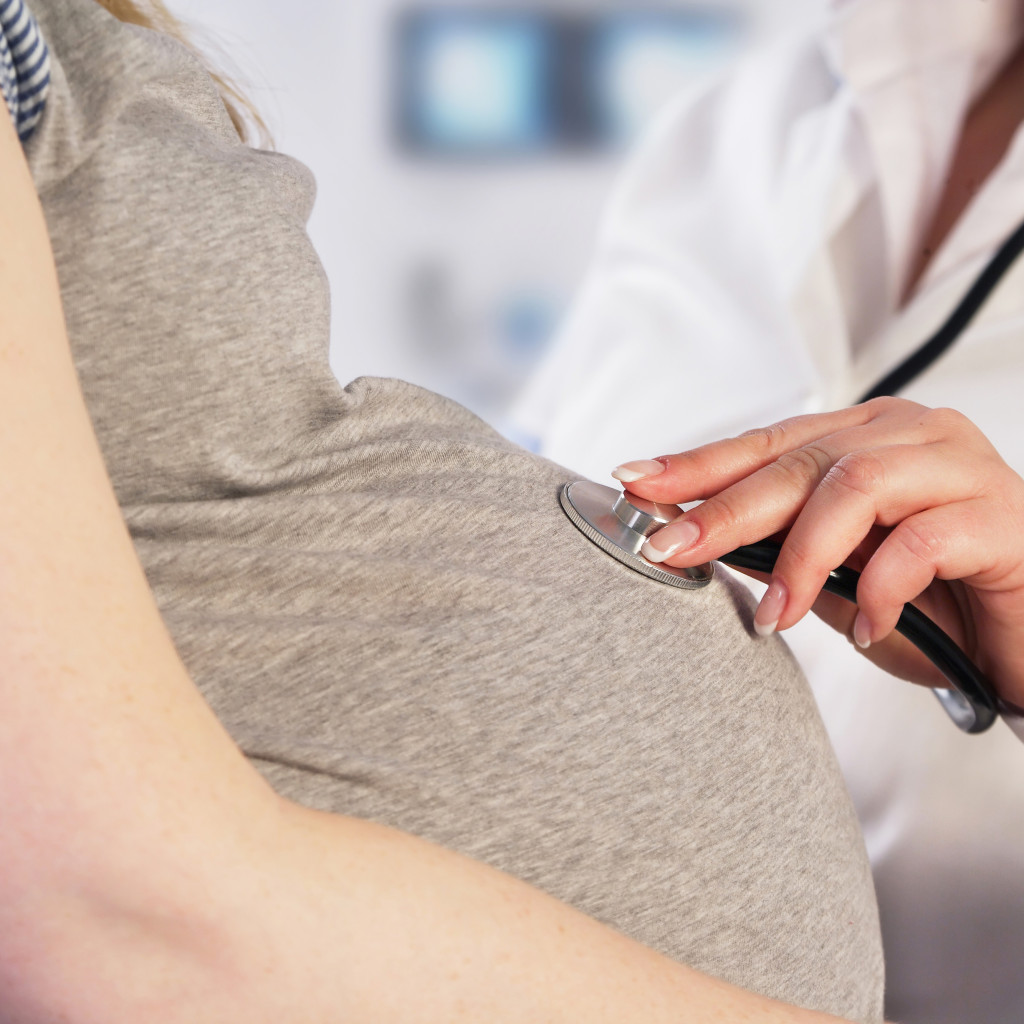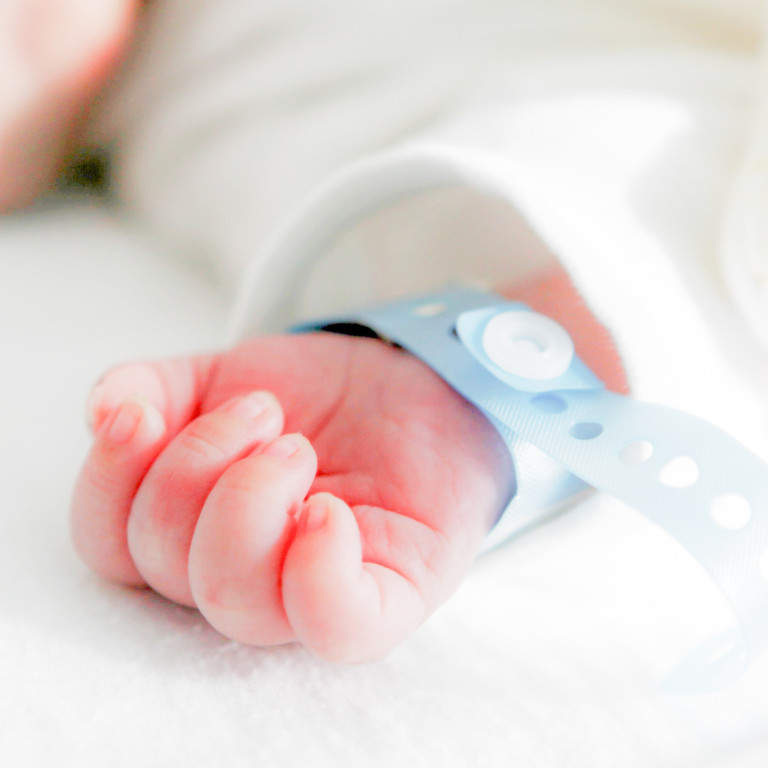As we mark World Pre-eclampsia Day, our medical negligence team are taking this opportunity to raise awareness of a condition that, while often manageable, can have serious consequences if not recognised and treated promptly.
At Tozers LLP, we are committed to helping to improve patient safety and maternal health through both providing legal support and obtaining answers, and raising awareness.
What Is Pre-eclampsia?
Pre-eclampsia is a condition that can arise after the 20th week of pregnancy, marked by high blood pressure and signs of potential damage to organs, commonly to the liver or kidneys.
Most women with pre-eclampsia go on to deliver healthy babies, but it does require careful monitoring and, in some cases, medical intervention.
Recognising the Signs and Symptoms
Some of the common indicators of pre-eclampsia include:
- High blood pressure
- Swelling in the face, hands, or feet
- Sudden weight gain
- Severe headaches
- Vision disturbances (e.g., flashing lights, blurred vision)
- Pain below the ribs
- Feeling unwell or unusually tired
These symptoms may come on gradually or suddenly, and not all women experience them. This is why regular antenatal check-ups and open communication with healthcare professionals are so important.
Risk Factors
While pre-eclampsia can affect any pregnancy, you may be at higher risk if you:
- Are pregnant for the first time
- Have a personal or family history of pre-eclampsia
- Have a pre-existing health condition such as high blood pressure, diabetes, or kidney disease
- Are carrying more than one baby
- Are over the age of 40
Treatment and Monitoring
In the UK, maternity care should follow national guidelines designed to identify pre-eclampsia early and manage it appropriately.
This can involve more frequent monitoring, medication to control blood pressure, or, in more severe cases, early delivery of the baby.
With good care, the vast majority of women with pre-eclampsia have positive outcomes. But delays or oversights in diagnosis and treatment can lead to complications for both mother and baby.
Act Early! Screen Early!
Case study
Helena Campbell of our medical negligence team acted for a 41-year-old lady, who, at 39 weeks, reported reduced fetal movements and so attended her local maternity unit. It was recognised that she had high blood pressure as well as swollen hands and feet.
She had a CTG to check the baby’s heart rate, and she was discharged for review the following day.
Still concerned, she returned to the maternity unit with the same symptoms, including reduced fetal movements. She had a scan, and devastatingly, she was told that her baby had died overnight.
She became extremely unwell, suffering a placental abruption. She required an emergency caesarean section and a life-saving blood transfusion.
Following the loss of her little girl, she developed PTSD and fibromyalgia. She was unable to return to work full-time and underwent re-training and a career change to manage her permanent symptoms.
Liability was admitted, on the basis that when she had attended the hospital at 39 weeks, pre-eclampsia should have been diagnosed, given her presenting symptoms. At this point, she should not have been discharged home, but rather should have been referred for an emergency caesarean section, which would have ensured the survival of her daughter and prevented her injuries.
Thankfully, this situation is very rare but does highlight how vital it is to recognise the signs and symptoms of pre-eclampsia as early as possible.
How Tozers Can Help
At Tozers LLP, our specialist Medical Negligence team has extensive experience helping families affected by failures in maternity care, including the delayed diagnosis or mismanagement of pre-eclampsia.
We understand that bringing a legal claim can feel daunting, especially after a difficult or traumatic experience. Our approach is compassionate and personal, and we’re here to support you every step of the way.
Supporting Awareness and Safety
World Pre-eclampsia Day is a reminder of how important awareness, timely care, and informed decision-making are to maternal health.
By sharing this information, we hope to support pregnant women and their families in recognising when to seek help, and to highlight the importance of consistent, high-quality care in pregnancy.
If you or a loved one has experienced complications due to pre-eclampsia and are concerned that medical negligence may have played a part, please don’t hesitate to contact our Medical Negligence team.
How can we help?
If you or someone you know has been injured as a result of substandard care, our Medical Negligence Team can help you seek compensation and the help you need.
By Helena Campbell, Tozer’s Medical Negligence Team





